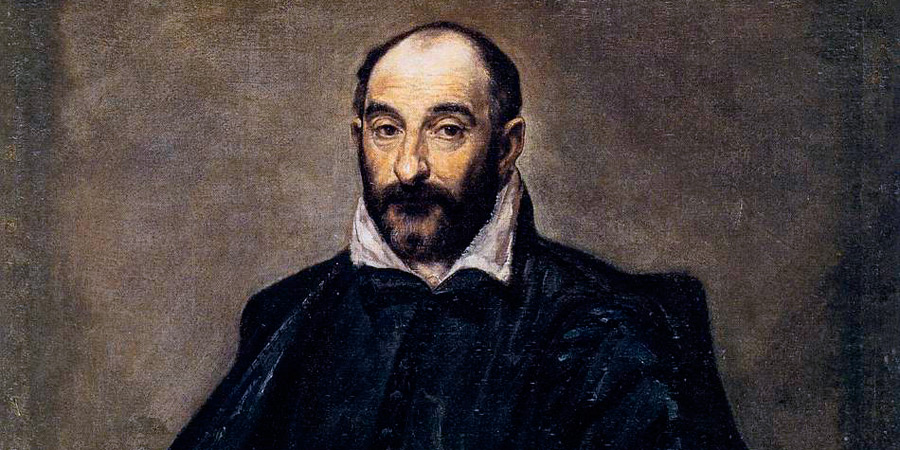Andrea Palladio was an architect, architectural theorist and designer of the Italian Renaissance, citizen of the Republic of Venice. Influenced by greek-Roman period, primarily by Vitruvius, is considered one of the most influential personalities in the history of Western architecture.
Palladio (Padova, 30 November 1508 - Maser, 19 August 1580) was the most important architect of the Republic of Venice, in whose territory designed numerous villas that made him famous, as well as churches and palaces, mainly in Vicenza, where he was educated and lived. Published his treatise I quattro libri dell'architettura (1570), through which its models have had a profound influence on western architecture, the imitation of his style gave rise to a movement intended to remain the last three centuries, the Palladian, which refers to the classical Roman principles. The city of Vicenza and the Palladian Villas of the Veneto are one of the UNESCO world heritage sites.
Palladio was chosen by potent members of Venetian society for many important commissions. His triumph as an architect is based not only on the beauty of his architecture, but also for its unity with the culture of his age. His success came from the integration of remarkable aesthetic quality with expressive features that resonated with his client's social aspirations. His palaces and villas served to communicate, visually, their place in the social order. This great integration of beauty and the physical representation of social meanings is apparent in three main building types: the urban palace, the church and the country villa.
The most important work written by Palladio are The Four Books of Architecture (I quattro libri dell'architettura, in Italian) , a treatise on architecture published in Venice in 1570 into four sections called books, written and abundantly illustrated designs, sections, and details of architectural elements.
Chronology works of Palladio in Venice
- 1558: Façade for the Basilica of San Pietro di Castello.
- 1560: Convento della Carità, Venezia (only the cloister and the atrium destroyed in 1630 in a fire).
- 1560-1563 circa: cloister of the cipressi and refettorio of the monastery of San Giorgio Maggiore.
- 1564: Façade for the church of San Francesco della Vigna.
- 1565: Church of San Giorgio Maggiore (completed between 1607 and 1611 after Palladio's death, with a different façade, by Vincenzo Scamozzi).
- 1565: Wooden theater on the yard of the Convento della Carità (destroyed by fire in 1570).
- 1574-1577: Rooms in the Palazzo Ducale.
- 1577: Church of Il Redentore.
- 1580: Church of Santa Lucia (drawings for the interior; demolished).


